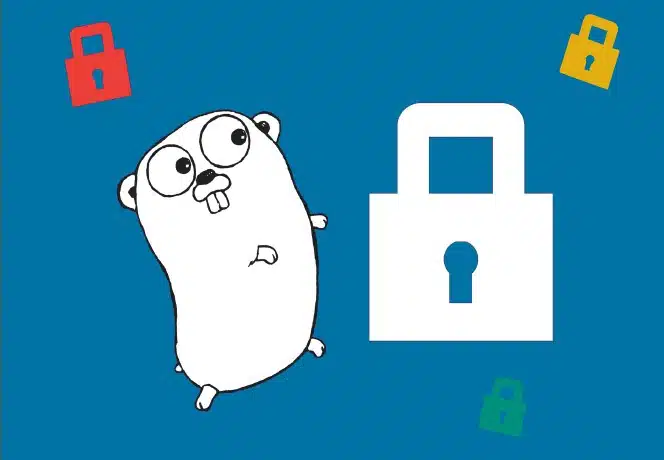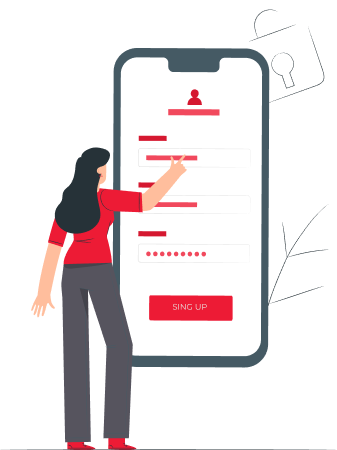
May 31, 2024 Information hub
GoLang Security Best Practices: Secure Your Code
Discover how to enhance your GoLang code security with comprehensive checks and validations from the Go Secure Coding Practices Guide. Learn about key areas like input validation, output encoding, authentication, and more. At Securityium, we offer comprehensive code security solutions, including a free initial code review for new customers. Secure your code today with Securityium.
Hello there, business leaders and developers!
At Securityium, we understand the importance of secure coding practices, especially when it comes to GoLang, a popular language known for its simplicity and efficiency. Today, we want to share some insights from a valuable resource we’ve discovered – the Go Secure Coding Practices Guide by the OWASP Research Team.
This guide provides a comprehensive set of checks and validations that can significantly enhance the security of your Go applications. Here are some key takeaways:
- Input Validation and Sanitization
The guide emphasizes the importance of validating and sanitizing user input data at every tier of the application. All data validation procedures must be performed on trusted systems, and all input data must be considered insecure by default.
- Output Encoding
Output encoding is crucial to prevent injection attacks. The guide recommends having a strong output encoding policy, especially when data is outputted to a specific context like a web browser.
- Authentication and Password Management
The guide provides detailed guidelines on user signup, credentials storage, password reset, and private resources access. It also emphasizes the importance of using standard and tested authentication services and ensuring that all authentication controls are enforced on a trusted system.
- Session Management and Access Control
The guide highlights the need for effective session management and implementing access controls that align with your business rules. It also stresses the importance of periodically re-evaluating a user’s authorization.
- Cryptographic Practices
The guide recommends using cryptographic practices like pseudo-random generators to enhance the security of your application.
- Error Handling and Logging
Proper error handling and logging are crucial for identifying and addressing security issues. The guide provides guidelines on how to handle errors and what to log.
- Data Protection and Communication Security
The guide provides recommendations on how to protect data and ensure communication security using protocols like HTTP/TLS and WebSockets.
- System Configuration and Database Security
The guide provides guidelines on how to configure your system and secure your database by using practices like parameterized queries and stored procedures.
- File and Memory Management
The guide provides recommendations on how to manage files and memory to prevent security issues.
- General Coding Practices
The guide provides general coding practices to prevent issues like Cross-Site Request Forgery and issues with regular expressions.
At Securityium, we’re committed to helping businesses like yours enhance their code security. Our unique selling proposition is our comprehensive approach to code security. We don’t just identify potential vulnerabilities; we provide actionable solutions to fix them. We also offer ongoing support to ensure that your code remains secure as new threats emerge.
We believe that secure code is the foundation of any successful business. That’s why we’re offering a free initial code review to new customers. Contact us today to take the first step towards more secure code.
